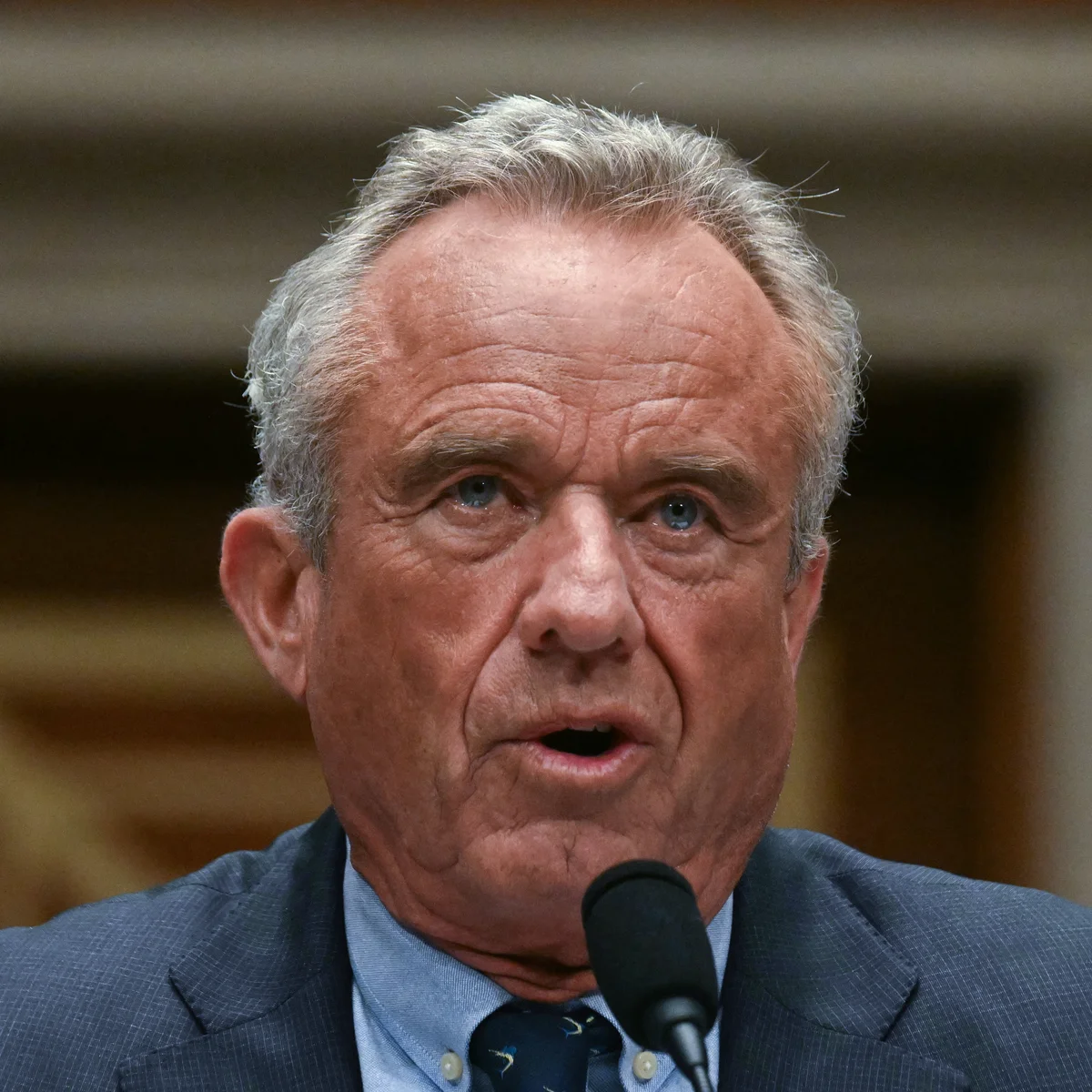Washington, D.C. — Health Secretary Robert F. Kennedy Jr. has added five new members to the U.S. Advisory Committee on Immunization Practices (ACIP), the group that helps shape the nation’s vaccine policy, just days before a key meeting expected to revisit basic vaccine guidance. The changes come as part of a broader overhaul of the panel earlier this year.
What’s Going On
- The new appointments push ACIP’s membership back up after Health Secretary Kennedy dismissed all previous members in June. Those dismissals were justified by claims that the prior panel had conflicts of interest and was acting as a “rubber stamp” for vaccine recommendations.
- The five new seats bring ACIP closer to full strength, but the recent appointees include individuals known for questioning aspects of COVID-19 vaccine mandates, mRNA vaccine safety, and standard childhood immunization schedules. The panel is expected to vote this week on recommendations involving hepatitis B given at birth, the combined measles-mumps-rubella-varicella vaccine (MMRV), and COVID-19 shots.
The New Appointees & Their Backgrounds
The individuals Kennedy has added include:
- A pediatric cardiologist who has previously expressed concerns about vaccine-related inflammation and called for greater attention to heart risks tied to COVID-19 shots.
- An epidemiologist with experience in infectious disease research and statistical modeling, but also with a record of critique toward vaccine mandates.
- A pharmacist focused on improving medication access for underserved populations.
- A transplant immunobiologist with experience in organ transplantation and immunology research.
- An OB-GYN with a background in lifestyle medicine and maternal health, now advocating for a more cautious and patient-centered approach in vaccine policy deliberations.
Their credentials are mixed: some are well regarded in clinical or public health research; others come from less traditional paths. What unites them is a shared emphasis on reviewing vaccine safety more closely, increasing transparency, and questioning some long-standing public health assumptions.
Why the Timing Matters
- This meeting is expected to be consequential: ACIP will consider whether to maintain or modify vaccine recommendations for newborns (specifically hepatitis B), reviews of the MMRV vaccine (its safety profile, especially rare side effects), and updated guidance on COVID-19 vaccination.
- With the scientific and public health communities watching closely, changes in recommendations could affect vaccine policy, insurance coverage, and public trust. Delays or revisions to longstanding immunization practices have ripple effects for schools, hospitals, and public health programs.
Controversy & Concerns
- Medical experts and public health organizations are sounding alarms. Some fear that bringing in members who previously voiced vaccine skepticism or who have advocated non-standard or unproven treatments could weaken the scientific basis for policy.
- Others warn that alterations to childhood vaccine schedules or dilutions of federal vaccine guidance could lead to gaps in immunization, higher disease risk, and confusion among parents and clinicians.
- There is concern too about how these new members were vetted, how their past views might influence policy, and whether their expertise aligns with the rigorous scientific standards typically expected of ACIP members.
What to Watch in the Coming Days
- The details of the votes: will ACIP propose delaying or changing the hepatitis B birth dose? Will it issue stronger warnings or changes to the schedule of the MMRV vaccine?
- What the CDC director does with the recommendations. Even when ACIP votes, the CDC director has authority to accept or reject the guidance.
- Public health messaging: how this is communicated will matter for trust. If families feel vaccine guidance is shifting without clarity, hesitancy may increase.
- The broader policy implications, especially for vaccine programs that rely on federal ACIP guidance — including vaccine funding, school mandates, and public insurance coverage.
Conclusion
The new appointments to ACIP mark another major juncture in U.S. vaccine policy. With key vaccine recommendations up for review, and with members who have expressed critical perspectives on established vaccine practices, the changes could lead to substantial shifts in how immunizations are scheduled, recommended, and administered. The stakes are high — not only for scientific integrity, but for public health outcomes and confidence in vaccines at large.















Leave a Reply